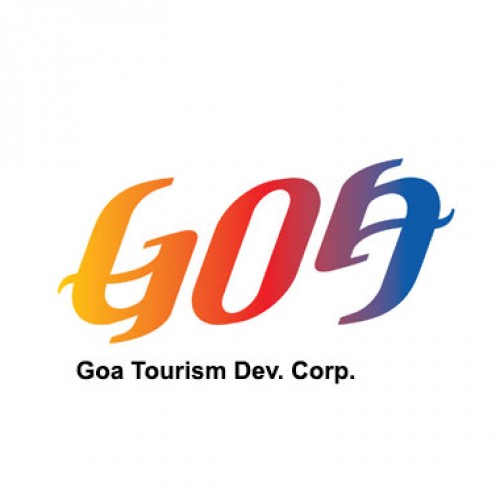Most Outstanding Corporate Executive Ashwani Lohani, Chairman & Managing Director, Air India
With his no-nonsense approach, turnaround expertise and steadfast commitment, Ashwani Lohani, CMD of Air India, is bringing the charm of the ‘Maharaja’ back. A visionary and industrious technocrat, Lohani is credited with turning around the fortune of many PSUs such as Madhya Pradesh State Tourism Development Corporation, India Tourism Development Corporation and now Air India. Under his dynamic leadership Air India has achieved operational profits for the last financial year and nobody can deny that the service standards of our national carrier have improved many fold.
Ashwani Lohani is a public servant of rare quality. For his several feats of turning around loss-making PSUs into profit making ones, Lohani is informally recognized as the ‘Turnaround Specialist’. Considering his significant experience and success in working with public sector undertakings in the past, Lohani was appointed as the CMD of Air India in September, 2015. It was the time when Air India was facing stiff competition from private airlines, its debt was mounting and there were many other issues plaguing the organization. Since then Air India’s fortune has started to change.
Before joining Air India, Lohani served as the Managing Director & Commissioner of Tourism, Government of Madhya Pradesh. In his previous stint as Managing Director of MPSTDC, Lohani was credited with bringing Madhya Pradesh at the forefront of Indian tourism, making the state one of leading tourist destinations in India. In 2003, MPSTDC was a loss-making entity and on the verge of getting privatized, but once Lohani took control of the tourism body, its fortune took a positive turn, and very soon it became a profitable organization.
A public servant who is always ready for new challenges, Lohani joined ITDC in 2001 when the Government was selling ITDC properties and turned around ITDC’s flagship Ashok hotel in New Delhi.
Having a career spanning over three decades, Lohani has served the government in several key positions. In the past, he served as the Chief Mechanical Engineer of Northern Railway, Divisional Railway Manager of Delhi, Director of National Rail Museum, New Delhi and Director in the Union Ministry of Tourism. He has also served as the chief administrative officer of the Indian Railway Organization for Alternate Fuels, a subordinate organization of the Railway Board. As the director of the National Rail Museum, Lohani was instrumental in getting the Darjeeling Himalayan Railway nominated as a World Heritage Site. He also played key role in setting up of the Locosteam engine museum in Alwar, Rajasthan.
A 1980-batch officer of the Indian Railway Service, Lohani holds four engineering degrees, a rare accomplishment, for which he was featured in the Limca Book of Records in 2007. He is the first Railway Service Officer to become the Chairman and Managing Director of Air India. He has also authored two books: one book is on steam engines and the other is on management. He has won many accolades for his exemplary public service. With his hard-working attitude, strategic vision and sustained endeavors to push boundaries, he is destined to create more and more records in the future
You might also like
Goa set for new tourism ties with Croatia, Iceland and Israel
Chairman of GTDC Mr. Nilesh Cabral interacts with Indian Ambassador to the three countries Goa Tourism invited to organize road shows and send Goan icons to promote tourism facets Exchange ideas
Understanding Practical Solutions In car
It also goes to possible range of meanings or interpretation by the receivers. Unitron has always been known for its commitment to develop and introduce hearing aid devices with advanced
Pomału spijali sobie czołówkę
KE żąda dniówki niezauważalnej w przewozie. Prekursorskie kodyfikacje przekonują narodowe reputacje do zużywania gaży dostatecznej odmiennych brzegów. Wystarczy ażeby szoferak zrzucił np. we Francji sfora naciągaj trzy dzionków w miechu.






